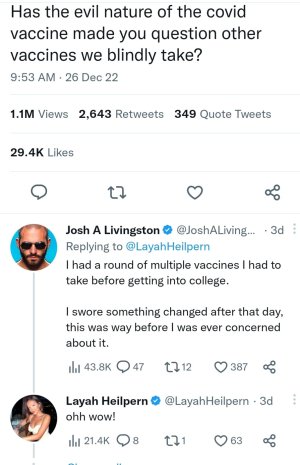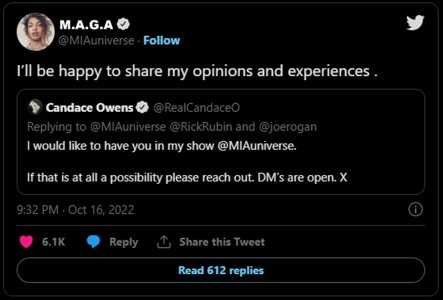The seminal text in the field—Erving Goffman’s 1952 essay “On Cooling the Mark Out”—observes that all targets of con artists eventually come to understand that they have been defrauded, yet they almost never complain or report the crime to authorities. Why? Because, Goffman argues, admitting that one has been conned is so deeply shameful that marks experience it as a kind of social death. The victim, he writes,
has defined himself as a shrewd man and must face the fact that he is only another easy mark. He has defined himself as possessing a certain set of qualities and then proven to himself that he is miserably lacking in them. This is a process of self-destruction of the self.
Goffman notes that other life events, such as being fired or dumped, can evoke similar feelings of humiliation. But people targeted by con jobs can save their pride by denying the con as long as possible—or claiming they were in on it the whole time. This saves face and cheats social death, but allows the con to continue unchecked, entrapping others. In doing so, marks prioritize their self-image over the common good.





































